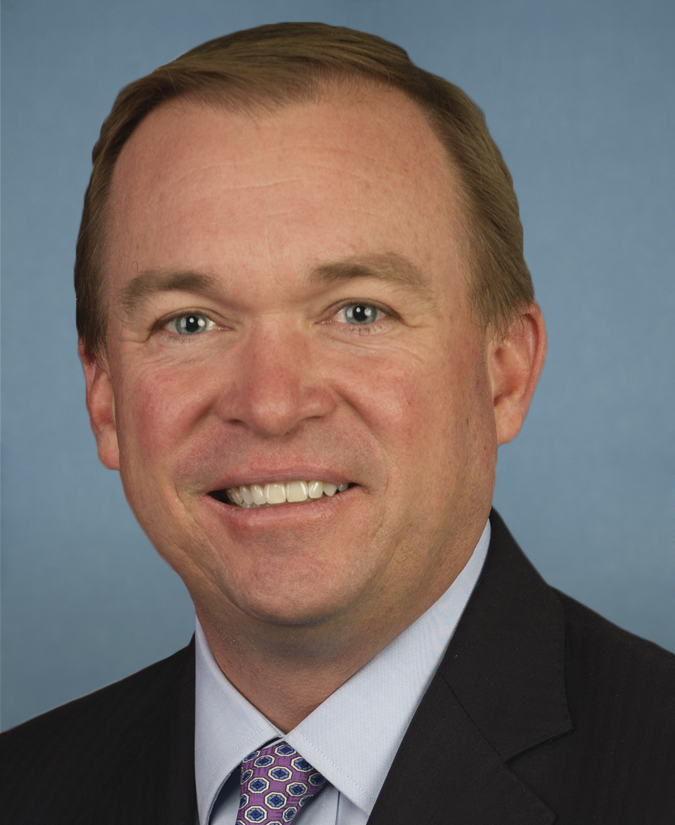
HB 3580 Balancing Our Obligations for the Long Term Act of 2011
US Congress 112th Congress
Balancing Our Obligations for the Long-Term Act of 2011
HB-3580
About HB-3580
Balancing Our Obligations for the Long-Term Act of 2011 - Amends the Balanced Budget and Emergency Deficit Control Act of 1985 (Gramm-Rudman-Hollings Act) to establish for FY2030-FY2050:
- (1) direct spending limits, and
- (2) total spending limits
Prescribes certain deficit control mechanisms (sequestration and reduction orders) for such period. Requires the Office of Management and Budget (OMB) and the Congressional Budget Office (CBO) to:
- (1) determine common scorekeeping guidelines, and
- (2) prepare estimates in conformance with such guidelines
Prescribes and/or revises requirements for discretionary, direct, total, and deficit sequestration preview and final reports. Eliminates Pay-As-You-Go reports. Adds the following programs and activities to the list exempted from sequestration orders:
- (1) obligated balances of budget authority carried over from prior fiscal years;
- (2) federal obligations required to be paid under the U.S. Constitution or legally contractual obligations;
- (3) Claims, Judgments, and Relief Acts (20-1895-0-1-808); and
- (4) intragovernmental transfers
Modifies and/or repeals certain mandatory general and special sequestration rules. Amends the Act to establish the baseline for the three 10-fiscal years beginning after the last such outyear based on enacted law, as an estimate of current year levels of budget authority, outlays, or receipts for:
- (1) discretionary spending;
- (2) Medicare;
- (3) Medicaid and other health-related spending;
- (4) other direct spending;
- (5) social security;
- (6) other categories, as appropriate; and
- (7) net interest
Amends the Congessional Budget Act of 1974 (CBA) to require the Director of the Congressional Budget Office (CBO) to make an annual projection for at least 40 years of total spending, revenue, deficits, and debt beginning with the first fiscal year after the last fiscal year covered in the most recently enacted budget resolution as a percentage of current projected gross domestic product (GDP), based on current law and current law levels as modified to maintain current policy. Requires CBO to issue an annual Spending Review Report on the solvency of the Old-Age, Survivors, and Disability Insurance (OASDI) Trust Fund and the long-range sustainability of the spending levels of Medicare, Medicaid and other health-related spending as well as other direct spending. Prescribes procedures for introduction and expedited consideration in each chamber of spending review legislation if such report indicates OASDI Trust Fund insolvency or the non-sustainability of other specified direct spending. Replaces the requirement that budget resolutions include new budget authority and outlays for each major functional category with a requirement that they include subtotals of new budget authority and outlays for nondefense discretionary spending, defense discretionary spending, Medicare, Medicaid and other health-related spending, other direct spending (excluding interest), contingencies, and net interest. Requires budget resolutions to set forth appropriate levels, as a percent of the current GDP, for total federal revenues, total outlays, debt held by the public, and the surplus or deficit in the budget for the 10th, 20th, and 30th fiscal years after the last fiscal year of the budget resolution (long-term budgeting). Requires inclusion in a budget resolution of specified long-term reconciliation directives. Requires CBO to estimate whether each measure reported from committee (except those under the Committee on Appropriations) causes a net increase in direct spending in excess of $5 billion in any of the four ensuing 10-year periods. Makes it out of order in both chambers to consider any measure that causes such a net increase in deficits. Requires CBO to prepare a specified long-term cost analysis and submit it to the requesting chairman or ranking member of the congressional budget committee or of the committee of jurisdiction for:
- (1) major legislation reported by any congressional committee, and
- (2) any bill or resolution requested by such chairman or ranking member
Requires inclusion of specified long-term budgeting in the President's budget submission. Requires the Government Accountability Office (GAO) to report, in the President's budget submission, on the federal government's financial condition, including the long-term unfunded obligations. Amends the Medicare Prescription Drug, Improvement, and Modernization Act of 2003 to revise legislative procedures for congressional consideration of the President's proposed legislation in response to a Medicare funding warning (Medicare trigger). Requires the appropriate chairman of the congressional budget committee to adjust the appropriate allocations, aggregates, and other levels to reflect the budget impact achieved by such introduced legislation for CBA purposes, the Gramm-Rudman-Hollings Act, the Rules of the House of Representatives, or the Standing Rules of the Senate.
Bill Texts
Introduced 12/13/2011
Weigh In
No votes yet!
Cast yours now to be the first.
Spread the Word!
Sponsors (12)












